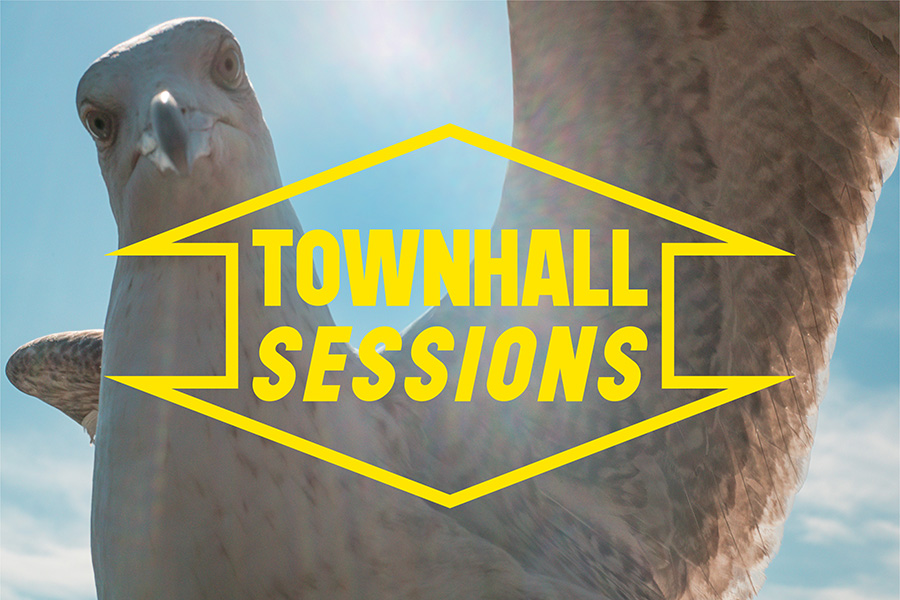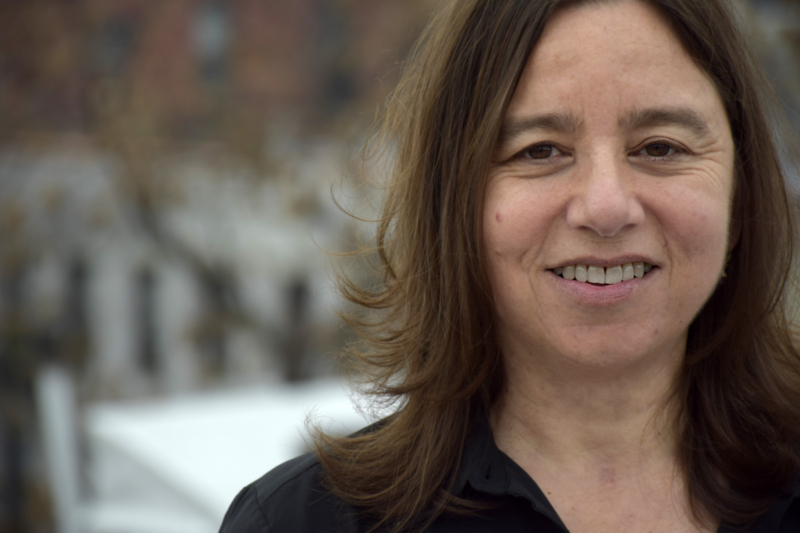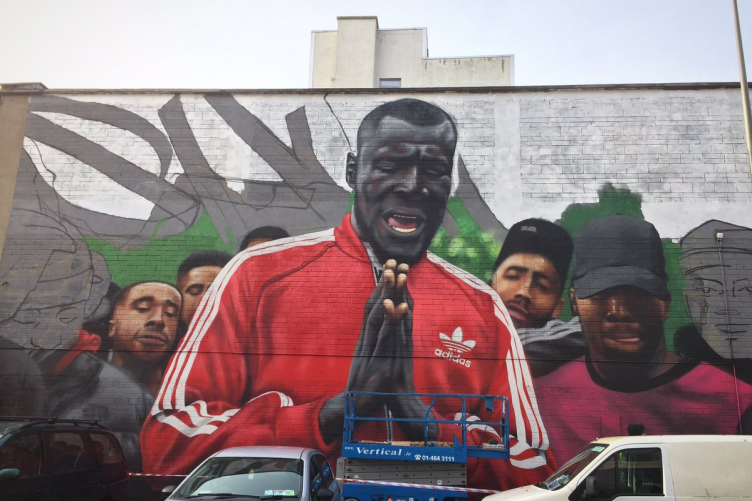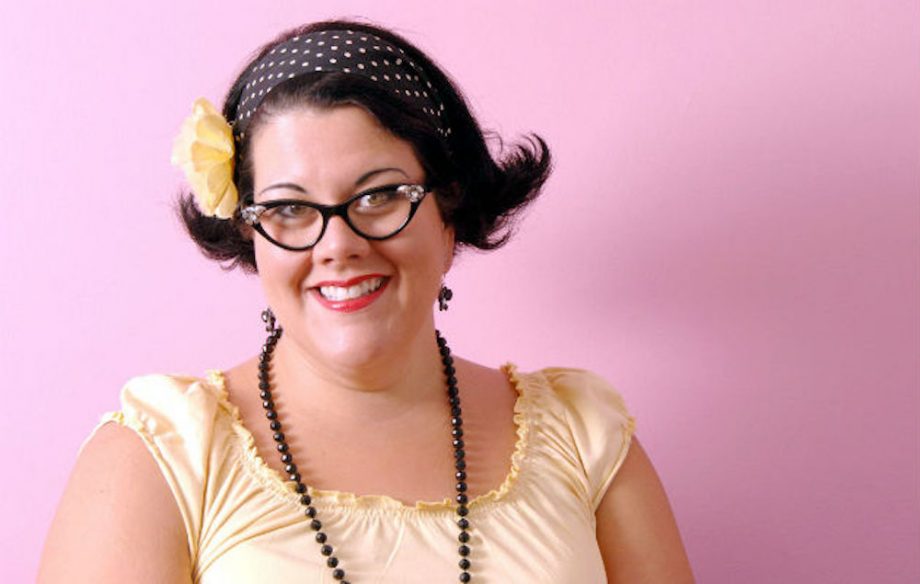When THISISPOPBABY asked me to put together a talks programme for Where We Live I started thinking about what else there was to say. Where We Live was going to be all about different, artistic responses to the idea of home, so I asked myself what I could add that would expand on these and create some interesting debate.
I began to reflect on contemporary Dublin, its issues, challenges and opportunities, and came up with five talks that I hope will stimulate conversations and maybe produce some good ideas about how to make ours a better city; more welcoming, fairer and more fun. Rather than setting up current affairs style ding dongs where both sides of an argument would be hotly contested, I looked for people with interesting experiences and insights to share. The ideas and themes for the five talks spill over and intersect with each other, in a rolling conversation about where we live.

First up is Where We Belong and it’s about feeling welcome and at home. These days, Dublin is regularly described as multicultural city. Certainly, there are a lot more different faces on our streets than would have been seen ten or twenty years ago. However, I’m a bit sceptical about how casually we use this term. Ireland has behaved more or less as a monoculture since the foundation of the state and I wonder how much room we have made in that narrative for other people’s stories. Are there identities and experiences that have been ignored in this simplified version of what it means to be Irish? Where are different communities visible in media, politics, business, culture, sport? What new version of Dublin can champion all of the city’s people?
Overuse of the term gentrification is another contemporary cliché. When it refers to hipsters and their easily parodied lifestyles it can be amusing, less so when it leads to savage property prices and people being priced out of a place to live. Urban development can elevate communities but it can also destroy them. One of the standout examples of this was the case of New York City in the 1980s and 90s, which Sarah Schulman writes about with such perception and force in her book, The Gentrification of the Mind. She chronicles the devastation of the city in the wake of the AIDS epidemic and the ousting of a vibrant avant-garde and queer culture in favour of white suburban values. Sarah will give our keynote speech based on the ideas in her book at Sarah Schulman Keynote: The Gentrification of the Mind. Although Dublin in the teens is a different scenario to New York in the 80s, this will be an great opportunity to see what lessons and warnings we can take from then.

Sarah Schulman
Responding to Sarah will be well-known TV producer and director Bill Hughes. Bill was active in the scene in Dublin in the 1980s, as well as having the opportunity to visit New York regularly at the time while making the iconic RTÉ TV show MTUSA with the late Vincent ‘Fab Vinny” Hanly.
The second talk on the Saturday, Playing With The City, develops on ideas about how cities are run and what space is allowed for creativity and play. It riffs on the motto on Dublin’s coat of arms is ‘Obedientia Civium Urbis Felicitas’, which roughly translates as ‘A happy city depends on the obedience of its people.’ For sure, there are lots of situations where being civic minded and playing by the rules makes things run more or less smoothly but sometimes it’s good to provoke and challenge. A recent illustration (geddit?) of this was graffiti collective Subset’s Stormzy mural in Smithfield, which had to be painted over as it had no planning permission. The friction between experimentation and regulation can reveal a lot about the values that shape where we live. Is it possible for a city to take creative risks and keep its citizens safe? We will explore if culture is integral to city living or if it is just good for entertainment and marketing, as long as those who make it are well behaved.

Stormzy Mural in Smithfield
When it came to homelessness and housing I wanted to have a different kind of conversation, to look at the root causes of the problem and to see if it’s possible to come up with any new ideas. The panel at No Homes To Go To combines personal experience of homelessness and the polices that are meant to address the problem, along with perspectives from people who are experienced in policy and the history of Dublin’s planning and architecture. We’ll discuss how much money is being wasted failing to fix homelessness, how housing is treated as a commodity not a place to live and how developers are encouraged to speculate on land instead of building homes.
Finally, it seems appropriate, on the eve of St. Patrick’s Day, to look at how we party in Dublin, at This Party’s Over. Cities like London and Amsterdam take seriously what people do after dark and not just as a matter of licensing and public order. Without condoning dangerous behaviour, they recognise that the night-time is an important time for meeting and making friends and lovers, for forming subcultures and bringing communities together. Once again, our friend gentrification is a bad guy in this story, when alternative spaces and underground scenes are lost to redevelopment. If we think of the club venues and queer spaces that have gone in recent years and those currently threatened, we realise that it’s not just nostalgia to moan about how hard it is to get a party started in Dublin. Bringing an international perspective to the discussion is performer, writer and TV and radio presenter Amy Lamé who led the defence of the Royal Vauxhall Tavern, London’s continued use as an LGBTQ venue and was recently appointed Night Czar by Mayor Sadiq Khan in 2016.

Amy Lamé
All the talks will invite and encourage audience participation so come along and join the conversation.
Read more about the talks here: Town Hall Sessions
Book Tickets for all talks here: Town Hall Sessions – Tickets






